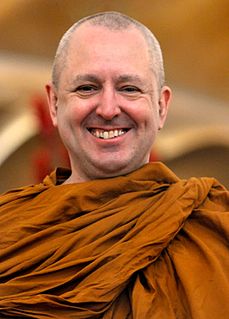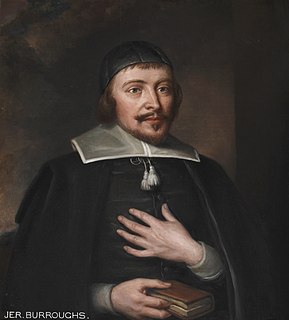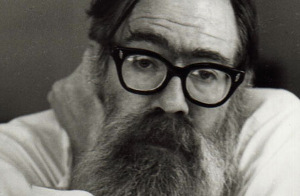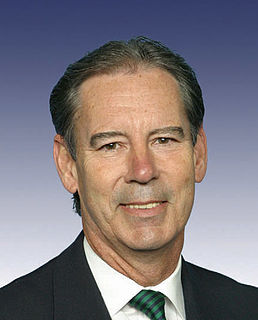A Quote by Frederick Douglass
I have observed this in my experience of slavery, that whenever my condition was improved, instead of increasing my contentment; it only increased my desire to be free, and set me thinking of plans to gain my freedom.
Related Quotes
I have observed this in my experience of slavery, - that whenever my condition was improved, instead of its increasing my contentment, it only increased my desire to be free, and set me to thinking of plans to gain my freedom. I have found that, to make a contented slave, it is necessary to make a thoughtless one. It is necessary to darken his moral and mental vision, and, as far as possible, to annihilate the power of reason. He must be able to detect no inconsistencies in slavery; he must be made to feel that slavery is right; and he can be brought to that only when he ceased to be a man.
I think of the old slavery, and of the way The Economy has now improved upon it. The new slavery has improved upon the old by giving the new slaves the illusion that they are free. The Economy does not take people's freedom by force, which would be against its principles, for it is very humane. It buys their freedom, pays for it, and then persuades its money back again with shoddy goods and the promise of freedom. "Buy a car," it says, "and be free. Buy a boat and be free." Is this not the raw material of bad dreams? Or is it maybe the very nightmare itself?
Our knowledge of circumstances has increased, but our uncertainty, instead of having diminished, has only increased. The reason of this is, that we do not gain all our experience at once, but by degrees; so our determinations continue to be assailed incessantly by fresh experience; and the mind, if we may use the expression, must always be under arms.
Extrapolated, technology wants what life wants:
Increasing efficiency
Increasing opportunity
Increasing emergence
Increasing complexity
Increasing diversity
Increasing specialization
Increasing ubiquity
Increasing freedom
Increasing mutualism
Increasing beauty
Increasing sentience
Increasing structure
Increasing evolvability
Our modern Western culture only recognises the first of these, freedom of desires. It then worships such a freedom by enshrining it at the forefront of national constituitions and bills of human rights. One can say that the underlying creed of most Western democracies is to protect their people's freedom to realise their desires, as far as this is possible. It is remarkable that in such countries people do not feel very free. The second kind of freedom, freedom from desires, is celebrated only in some religious communities. It celebrates contentment, peace that is free from desires.
How can I set free anyone who doesn't have the guts to stand up alone and declare his own freedom? I think it's a lie - people claim they want to be free - everybody insists that freedom is what they want the most, the most sacred and precious thing a man can possess. But that's bullshit! People are terrified to be set free - they hold on to their chains. They fight anyone who tries to break those chains. It's their securityHow can they expect me or anyone else to set them free if they don't really want to be free?
[M]ore than they wanted freedom, the Athenians wanted security. Yet they lost everything-security, comfort, and freedom. This was because they wanted not to give to society, but for society to give to them. The freedom they were seeking was freedom from responsibility. It is no wonder, then, that they ceased to be free. In the modern world, we should recall the Athenians' dire fate whenever we confront demands for increased state paternalism.
I tried not to think about my life. I did not have any good solid plans for it long-term - no bad plans either, no plans at all - and the lostness of that, compared with the clear ambitions of my friends (marriage, children, law school), sometimes shamed me. Other times in my mind I defended such a condition as morally and intellectually superior - my life was open and ready and free - but that did not make it less lonely.
Experiment with this a little. During these days that you are here with me, don't nourish any desire for happiness, and then see how your heart becomes filled with happiness. Don't have any desire for peace, and see how the turmoil within you vanishes. Don't beg for contentment and see how contentment showers down on you. Please try this - only then will you understand.


































